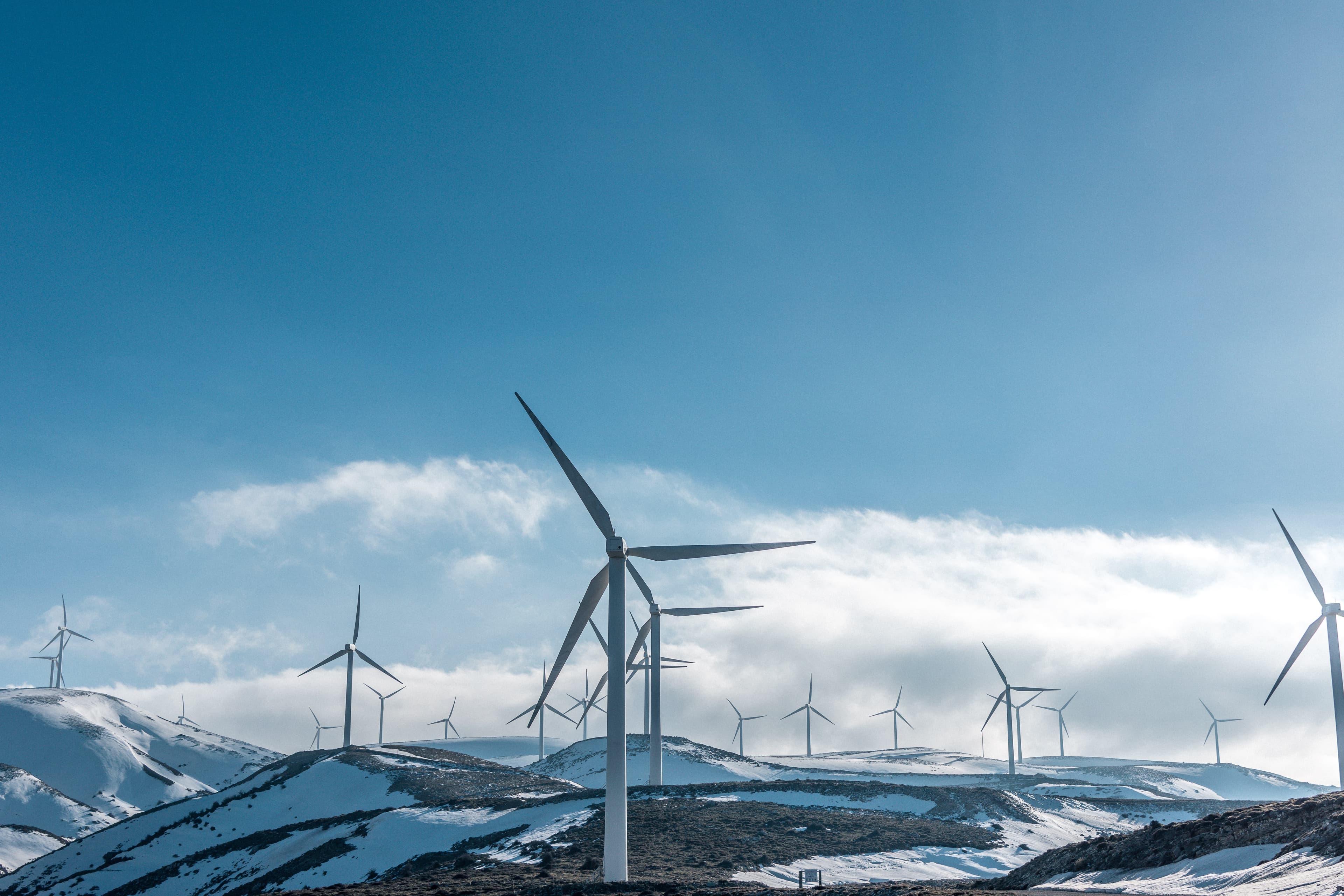If you've been keeping an eye on the news about clean energy, you might have heard the term "hydrogen energy" popping up more frequently. You might be wondering what the fuss is all about. Well, grab a cup of coffee, sit back, and let's dive into this fascinating subject.
Table of Contents
- What is Hydrogen?
- How Do We Get Hydrogen Energy?
- Why Hydrogen Energy?
- Applications: Where Can We Use It?
- Challenges and Roadblocks
- The Future of Hydrogen Energy
- Conclusion
What is Hydrogen?
Let's start with the basics. Hydrogen is a chemical element; you might remember it from your high school chemistry class. It's the lightest and most abundant element in the universe. Hydrogen is like that friend who shows up everywhere—you find it in water, in the air, in plants, and even in you and me. But despite being so common, hydrogen doesn't usually like to be alone; it prefers hanging out with other elements like oxygen in water (H2O).
How Do We Get Hydrogen Energy?
Alright, so how do we take this hydrogen and turn it into energy? Think of it like making orange juice from an orange. We need to extract the hydrogen from whatever it's combined with, usually water. There are several ways to do this, like using electricity to break water into hydrogen and oxygen—a process known as electrolysis. After the hydrogen is isolated, it can be stored and then used to produce electricity when needed.
Why Hydrogen Energy?
You might be thinking, "We already have electricity and gas, so why do we need hydrogen energy?" Good question! Well, hydrogen has a lot going for it.
-
It's Clean: When hydrogen is used to produce energy, the only byproduct is water. That's it! No harmful chemicals or greenhouse gases.
-
It's Efficient: Hydrogen contains a lot of energy for its weight, which makes it super efficient as a fuel.
-
It's Versatile: You can use hydrogen in a lot of different ways, from powering cars to heating homes and even providing electricity to remote areas.
Applications: Where Can We Use It?
The great thing about hydrogen energy is how many different uses it has. Here are just a few:
Cars
Imagine driving a car that only emits water vapor. Hydrogen-powered cars, known as fuel cell vehicles, are already on the road. They're like electric cars, but instead of a battery, they have a fuel cell that uses hydrogen to produce electricity.
Electricity for Homes and Factories
Hydrogen can be used in fuel cells to generate electricity for homes and factories. Imagine a community that's not connected to the main power grid but has a local hydrogen power station.
Energy Storage
One of the big challenges with renewable energy sources like solar and wind is that they don't always produce electricity when you need it. Hydrogen can be used to store this excess energy and release it when it's needed.
Challenges and Roadblocks
So, if hydrogen energy is so great, why isn't it everywhere? There are a few hurdles to overcome:
-
Cost: Extracting hydrogen from water or other sources can be expensive.
-
Storage and Transportation: Hydrogen is a light and tiny molecule, which makes it hard to store and move around.
-
Infrastructure: We would need to build new pipelines, fueling stations, and other facilities to make a hydrogen economy work.
The Future of Hydrogen Energy
Hydrogen energy is already making strides. Many countries are investing in research to make hydrogen production cheaper and more efficient. The aim is to integrate hydrogen into our current energy systems and even build new ones around it. As technology improves, we might see hydrogen taking up a more significant role in our lives.
Conclusion
Hydrogen energy is like the superhero in the comic book of renewable energies. It's clean, it's efficient, and it's versatile. While there are challenges to overcome, the potential benefits make it an exciting area for future development. As we look for ways to reduce our carbon footprint and take better care of our planet, hydrogen energy stands out as a promising solution.
So, the next time someone talks about hydrogen energy, you'll know exactly what they're talking about and why it's a big deal. Who knows, you might even find yourself driving a hydrogen-powered car or using hydrogen energy in your home in the not-so-distant future!
